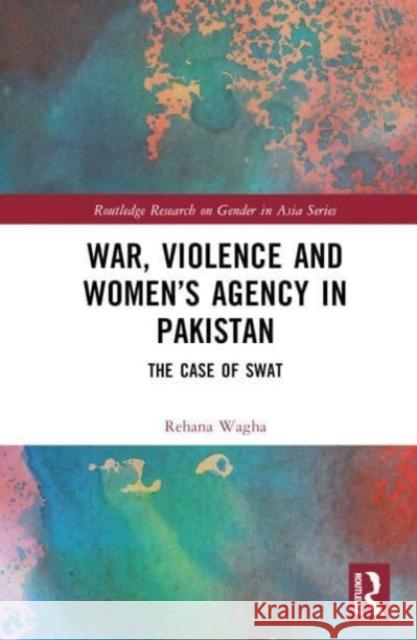War, Violence and Women's Agency in Pakistan » książka
topmenu
War, Violence and Women's Agency in Pakistan
ISBN-13: 9781032661407 / Twarda / 2024 / 160 str.
War, Violence and Women's Agency in Pakistan
ISBN-13: 9781032661407 / Twarda / 2024 / 160 str.
cena 757,61
(netto: 721,53 VAT: 5%)
Najniższa cena z 30 dni: 654,86
(netto: 721,53 VAT: 5%)
Najniższa cena z 30 dni: 654,86
Termin realizacji zamówienia:
ok. 16-18 dni roboczych.
ok. 16-18 dni roboczych.
Darmowa dostawa!
This book investigates the prominent features of gender ideology in Swat, Pakistan and how they influence the norms and forms of women’s agency during conflict.











